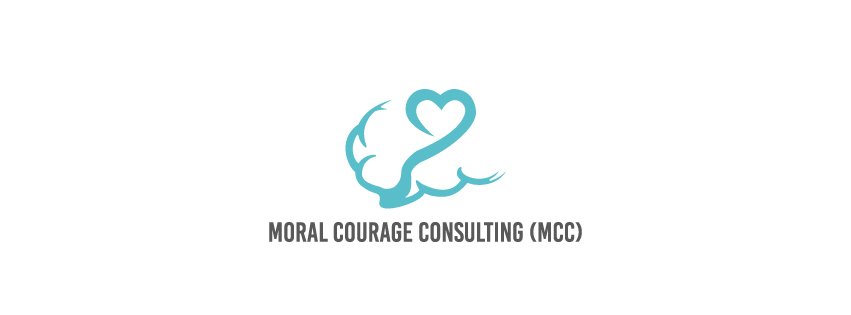ADHD & Moral Distress
Attention Deficit Hyperactivity Disorder (ADHD) is a neurological condition that affects a person's ability to focus, pay attention, and control impulsive behavior. While the connection between ADHD and moral dilemmas or moral distress is not fully understood, there is some evidence to suggest that individuals with ADHD may be more prone to experiencing these issues.
Research has shown that individuals with ADHD tend to have difficulty with executive functioning, which includes the ability to make decisions, problem-solve, and regulate emotions. This can make it challenging to navigate complex moral situations, leading to feelings of distress or confusion.
People with ADHD may already struggle with feelings of guilt and shame for not being able to complete tasks or manage competing demands effectively. This can be exacerbated in situations where moral dilemmas arise, as individuals with ADHD may feel a heightened sense of responsibility to uphold their personal values and may feel guilty or ashamed if they are unable to do so.
For example, a healthcare provider with ADHD may feel an immense amount of pressure to provide the best care possible to their patients, but due to the demands of their job and the challenges associated with ADHD, they may struggle to do so. If a moral dilemma arises, such as whether to prioritize the needs of one patient over another, the healthcare provider may feel intense guilt and shame if they make a decision that they perceive as being morally incorrect.
To cope with these feelings, individuals with ADHD can benefit from implementing various strategies:
Mindfulness can help individuals with ADHD to become more aware of their thoughts and feelings, allowing them to better regulate their emotions and make more informed decisions.
Self-compassion can help individuals with ADHD to develop a more positive and accepting relationship with themselves, reducing feelings of guilt and shame and increasing their ability to cope with stress and difficult situations.
One effective approach is to break down complex situations into smaller, more manageable pieces. This can help to reduce overwhelm and make it easier to focus on the task at hand.
Additionally, seeking support from mental health professionals, peers, and support groups can be helpful in managing the challenges associated with ADHD and navigating moral dilemmas.
Many individuals with ADHD may learn to mask their symptoms in order to fit in with societal expectations, and this can have advantages in the health care field. For example, ADHD can cause a person to think outside the box and be creative in their approach to problem solving. This can lead to innovative ideas and solutions that may not have been considered otherwise. Additionally, people with ADHD often have high levels of energy and a willingness to take risks, which can be valuable qualities in a fast-paced and high-pressure environment such as healthcare. It's important to recognize that ADHD is not a weakness, but rather a unique way of experiencing the world that can bring strengths and value to the workplace.
